The U.S. Department of Defense has released nearly 200 photos related to the alleged torture of prisoners and detainees in Iraq and Afghanistan, the American Civil Liberties Union (ACLU) said Friday.
The photos, part of a larger set of 2,000 photos, show body parts close up, some but not all with visible injuries. Individuals cannot be identified in the photo. The federal government is fighting to prevent the remaining photos from being released arguing that the content of the photos could spark anti-American sentiment overseas and endanger troops.
This battle over whether to reveal the photos to the public is the result of a decade-long legal and legislative battle between the ACLU and the federal government. Multiple rulings have suggested that the federal government may have to release the photos, but the federal government has appealed at every turn.
A federal judge ruled last March that the photos need to be released, but the decision has been tied up in appeals. In the meantime, the Pentagon invoked a 2009 law giving DOD additional authority to conceal photos that could endanger American lives. President Obama, who initially said he would support releasing the photos, changed his mind in 2009 as well.
“The release of these old photographs of past behavior that has now been clearly prohibited can serve no public good, but will empower al-Qaeda propaganda operations,” Democrat Joe Lieberman of Connecticut and Republican Lindsey Graham of South Carolina wrote to Obama at the time.
A Pentagon spokesperson told CNN that the photos had been taken during a criminal investigation into the conduct of soldiers. Dozens of soldiers received disciplinary action ranging from reprimanding to life imprisonment after images emerged depicting torture at the Abu Gharib prison in Iraq.
The Photos Linked to Detainee Abuse Released By U.S. Military
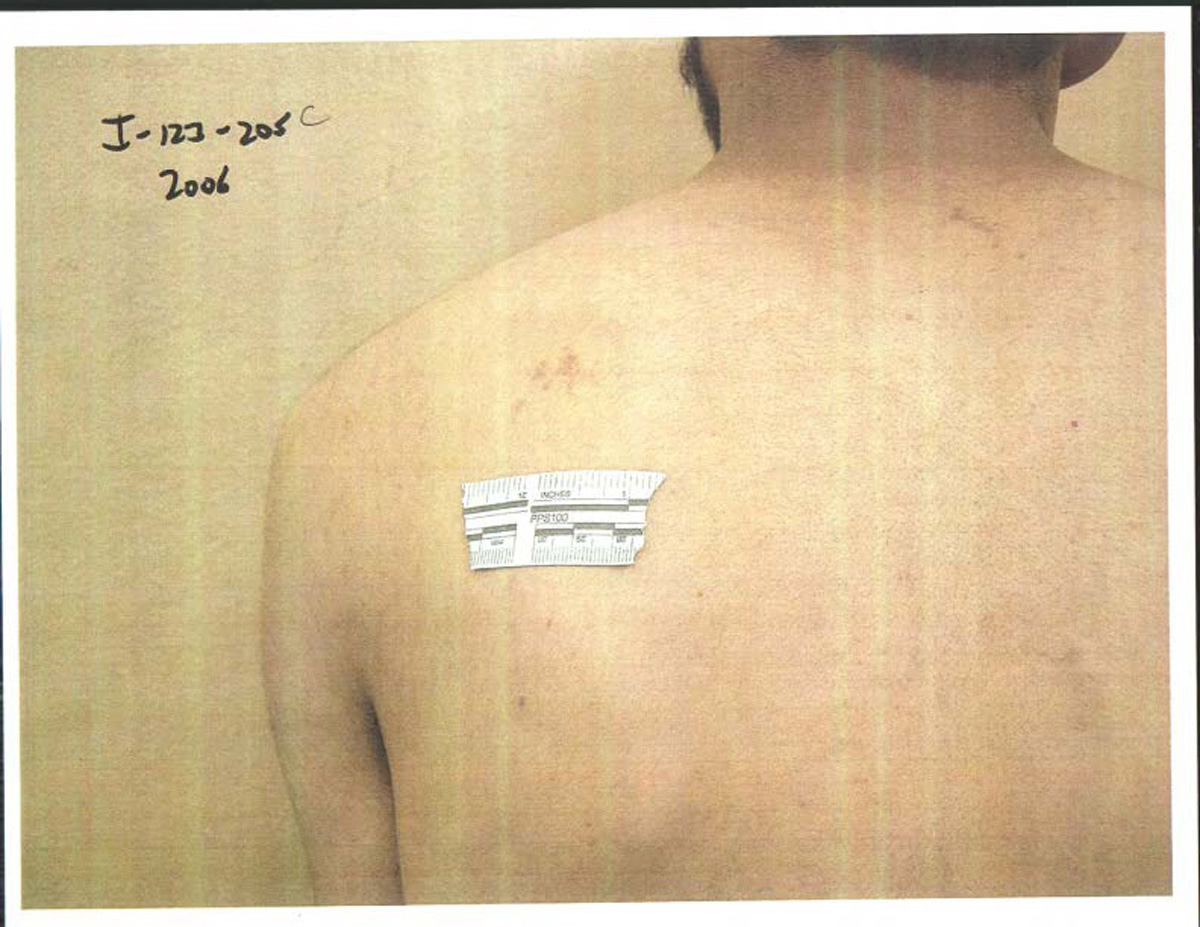

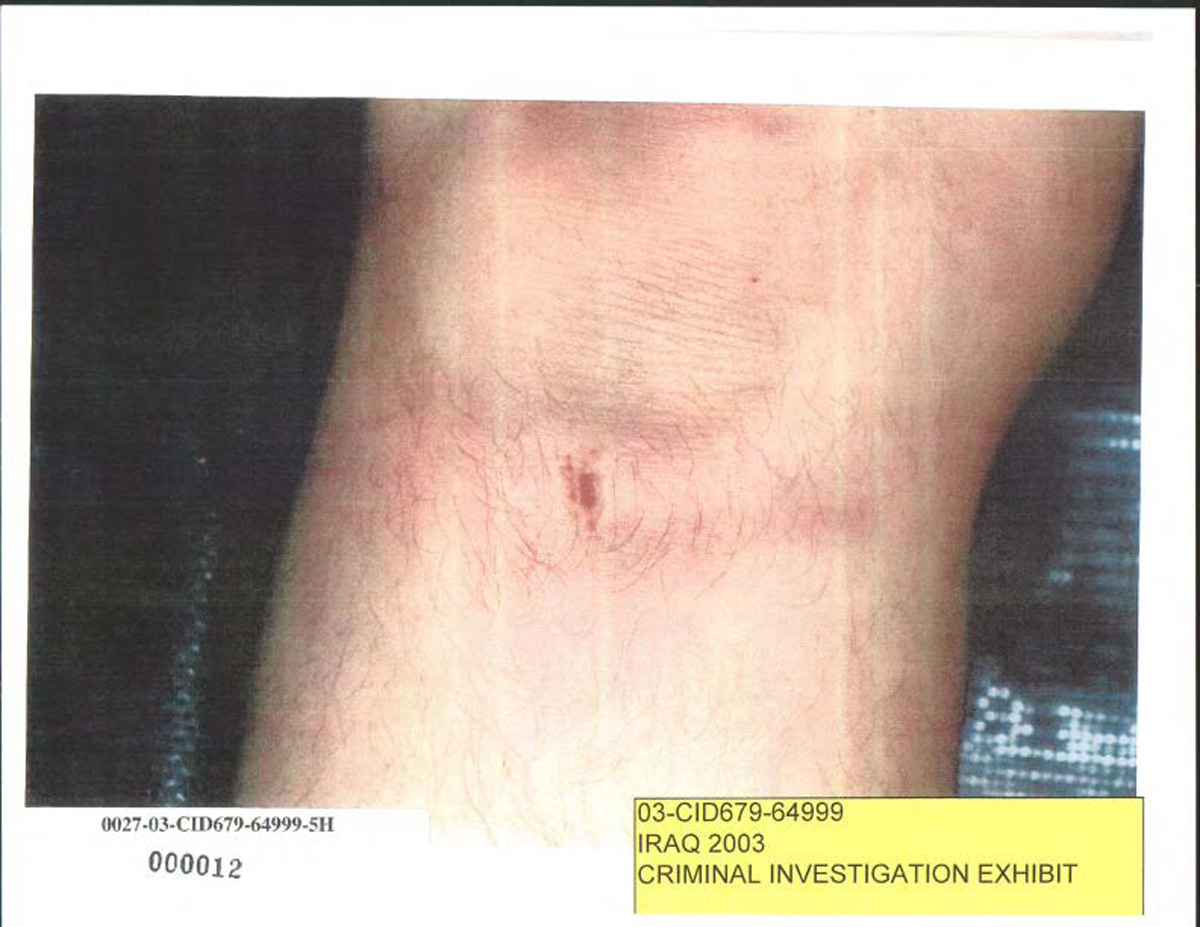
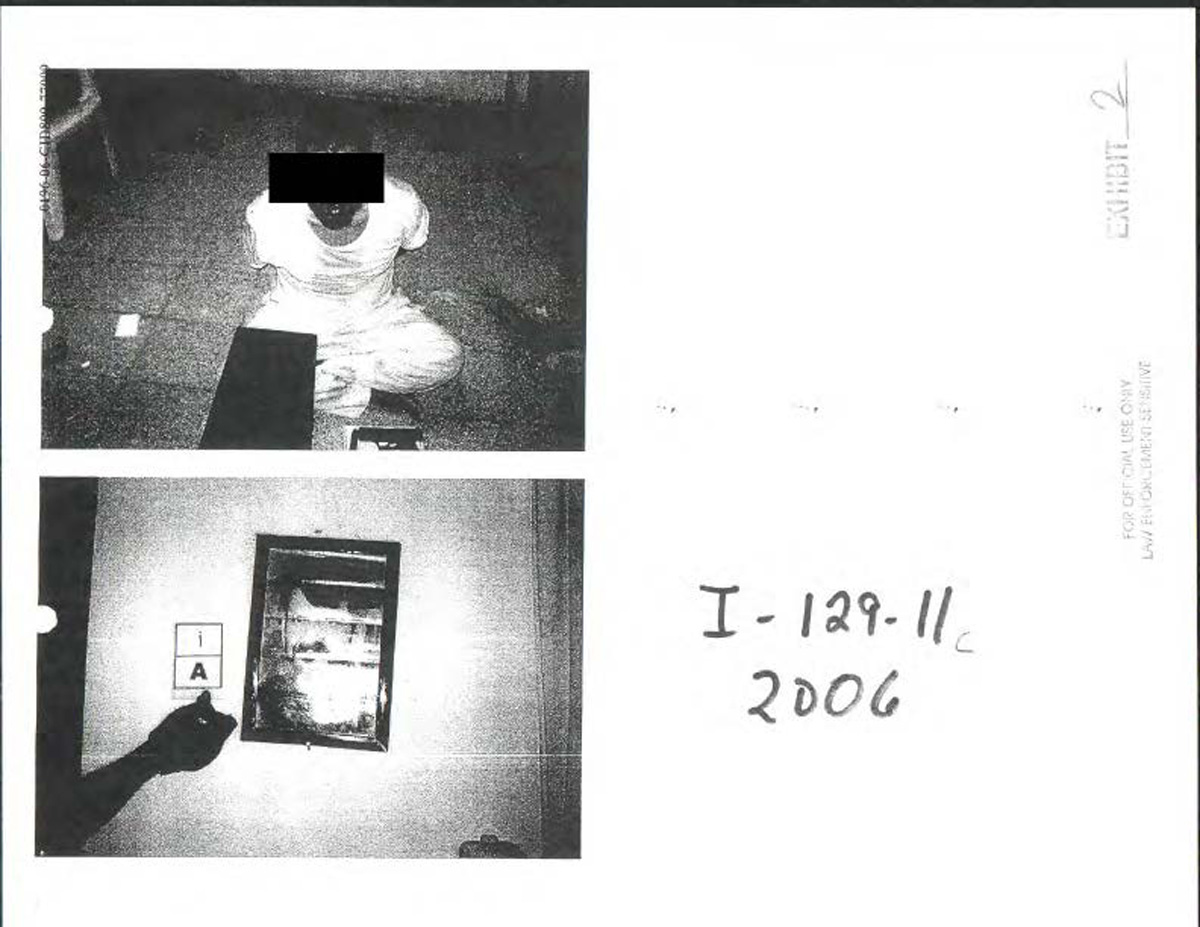
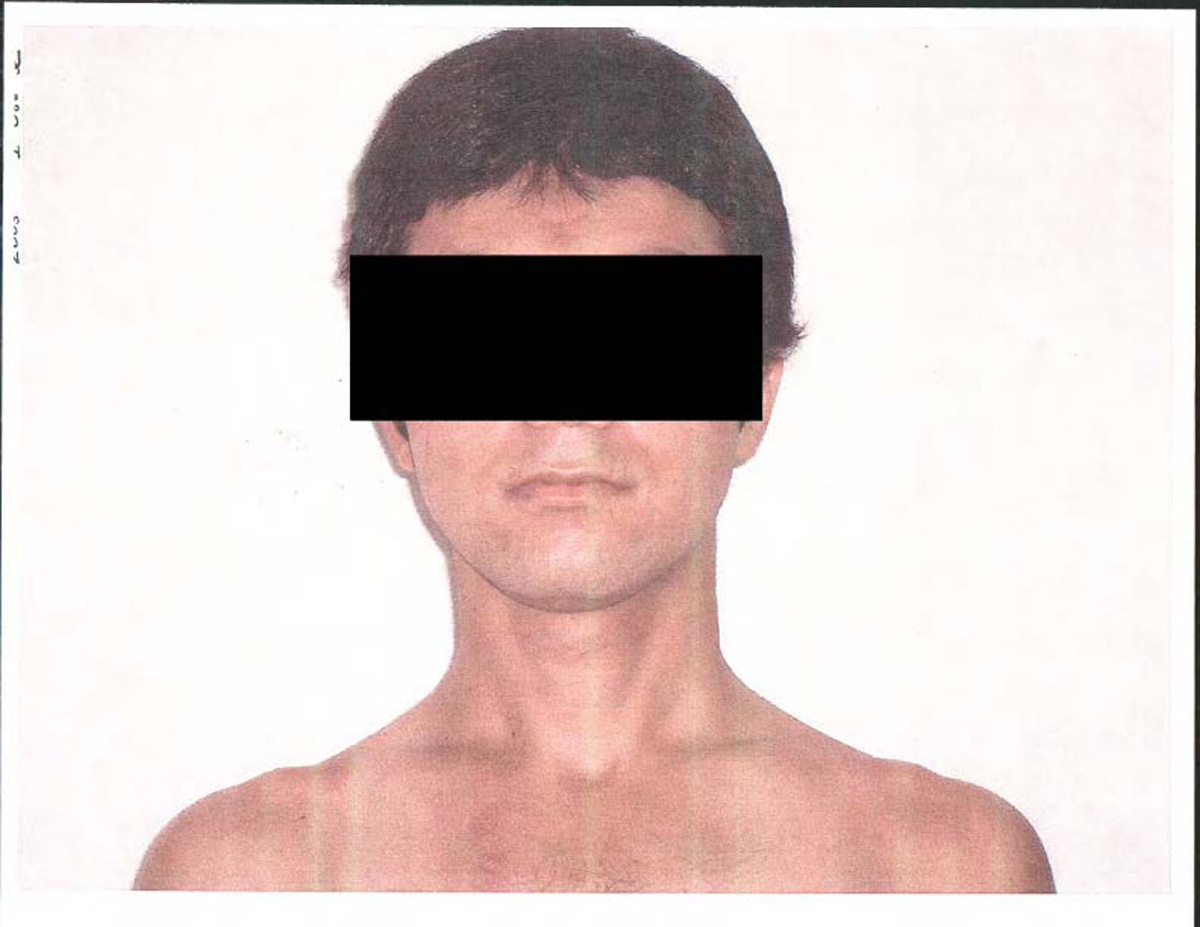
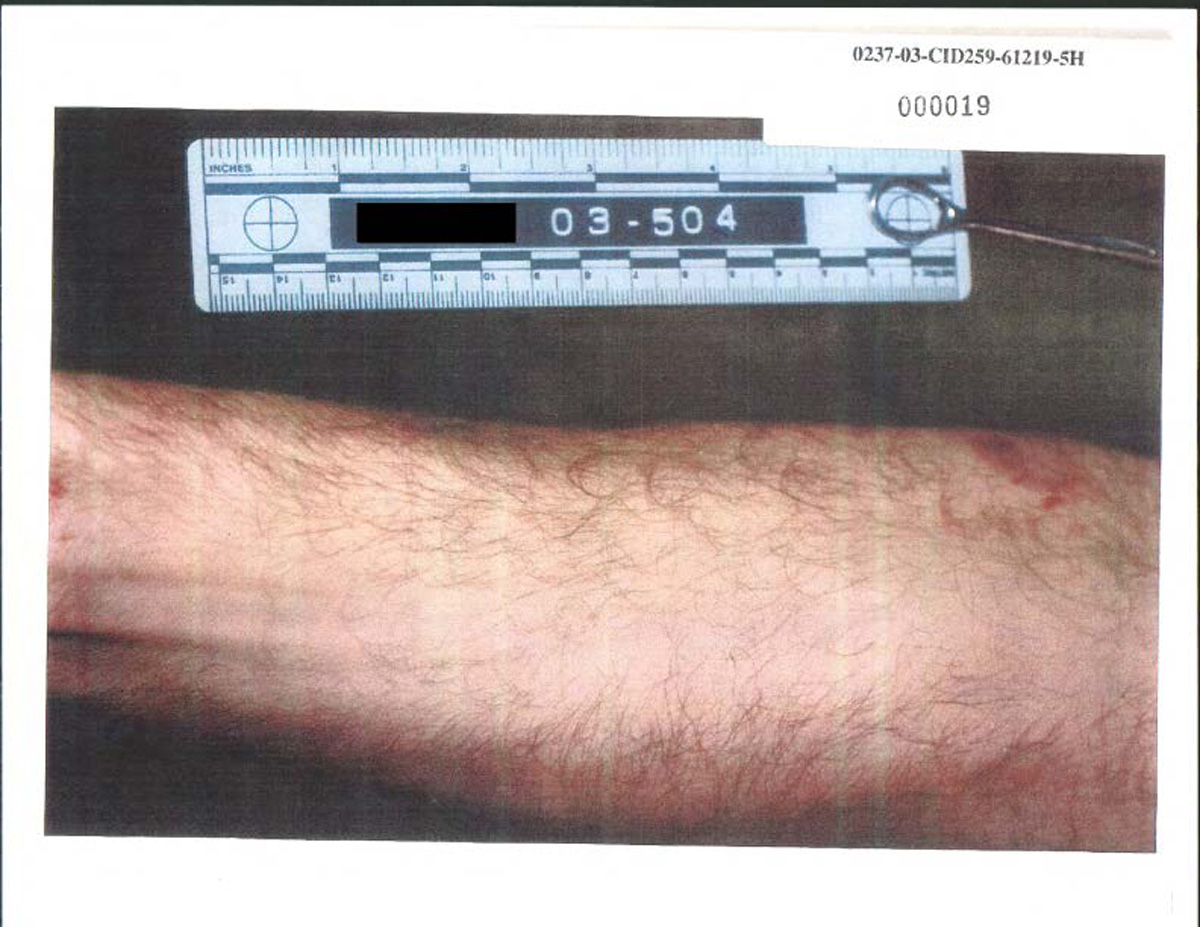
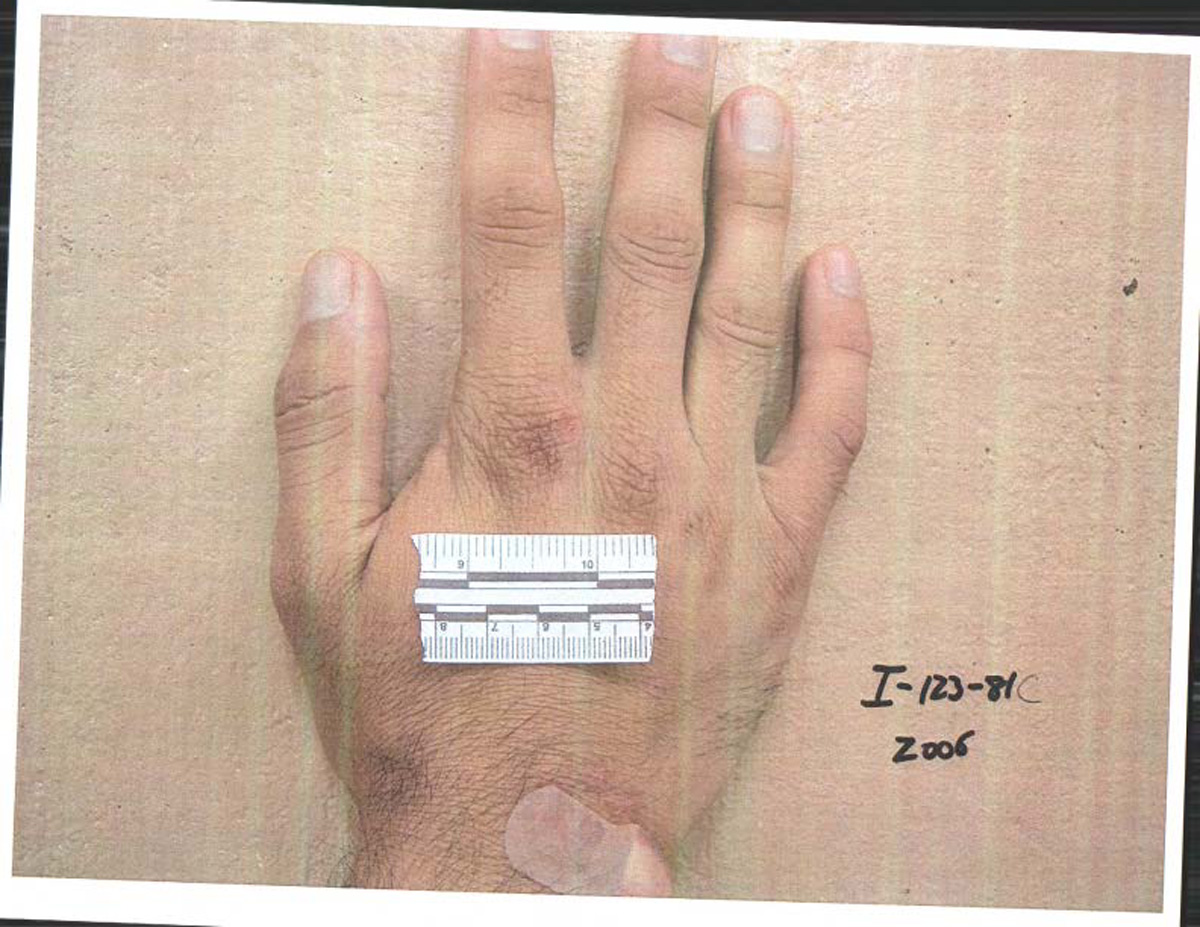
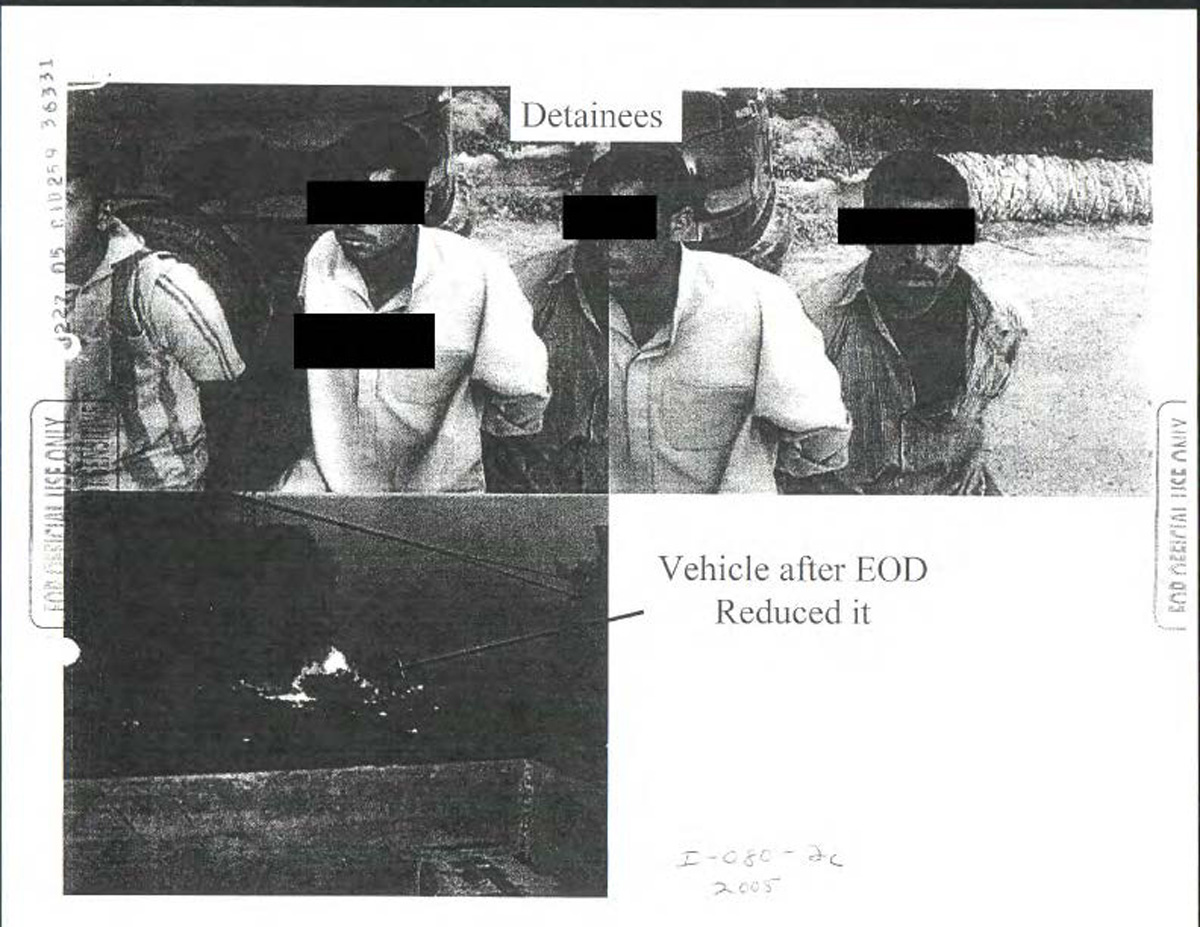
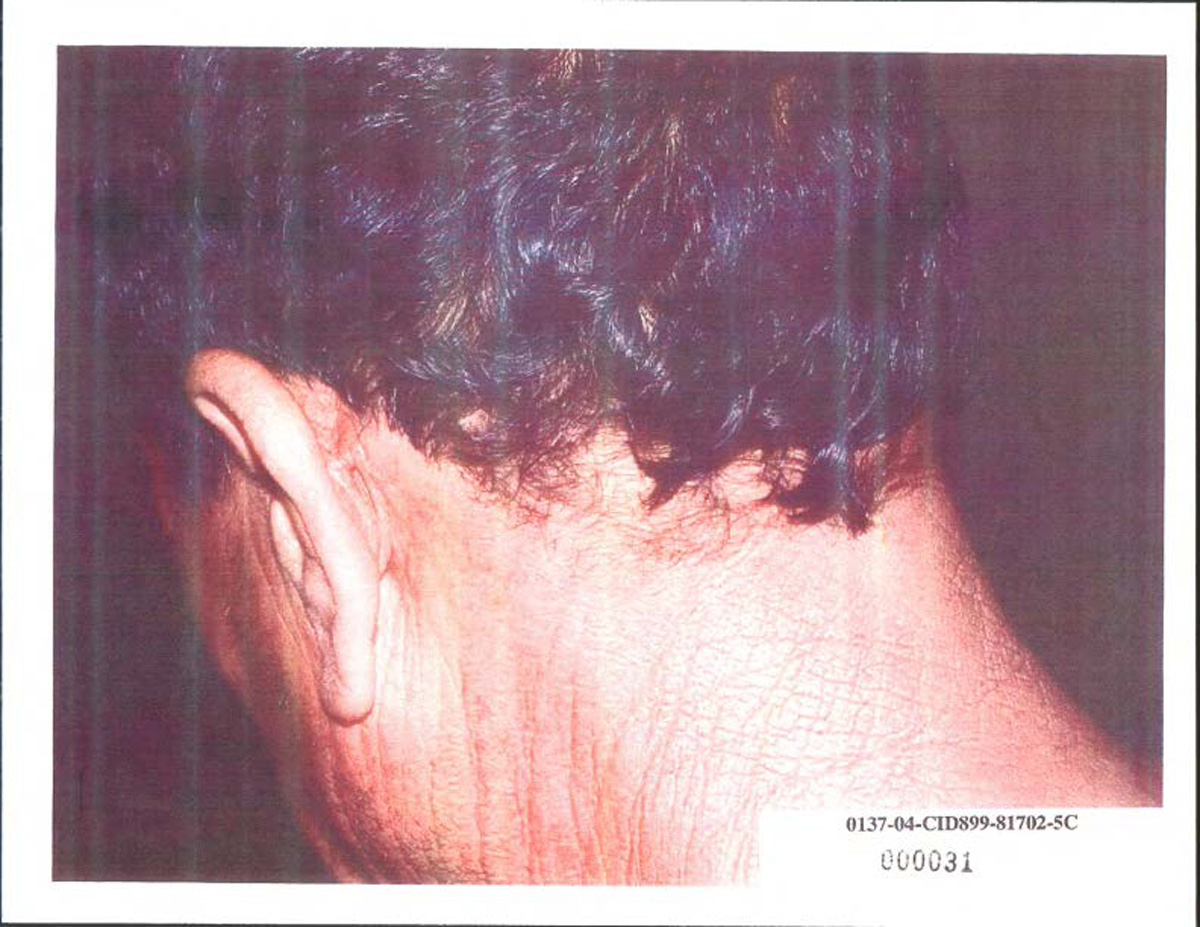
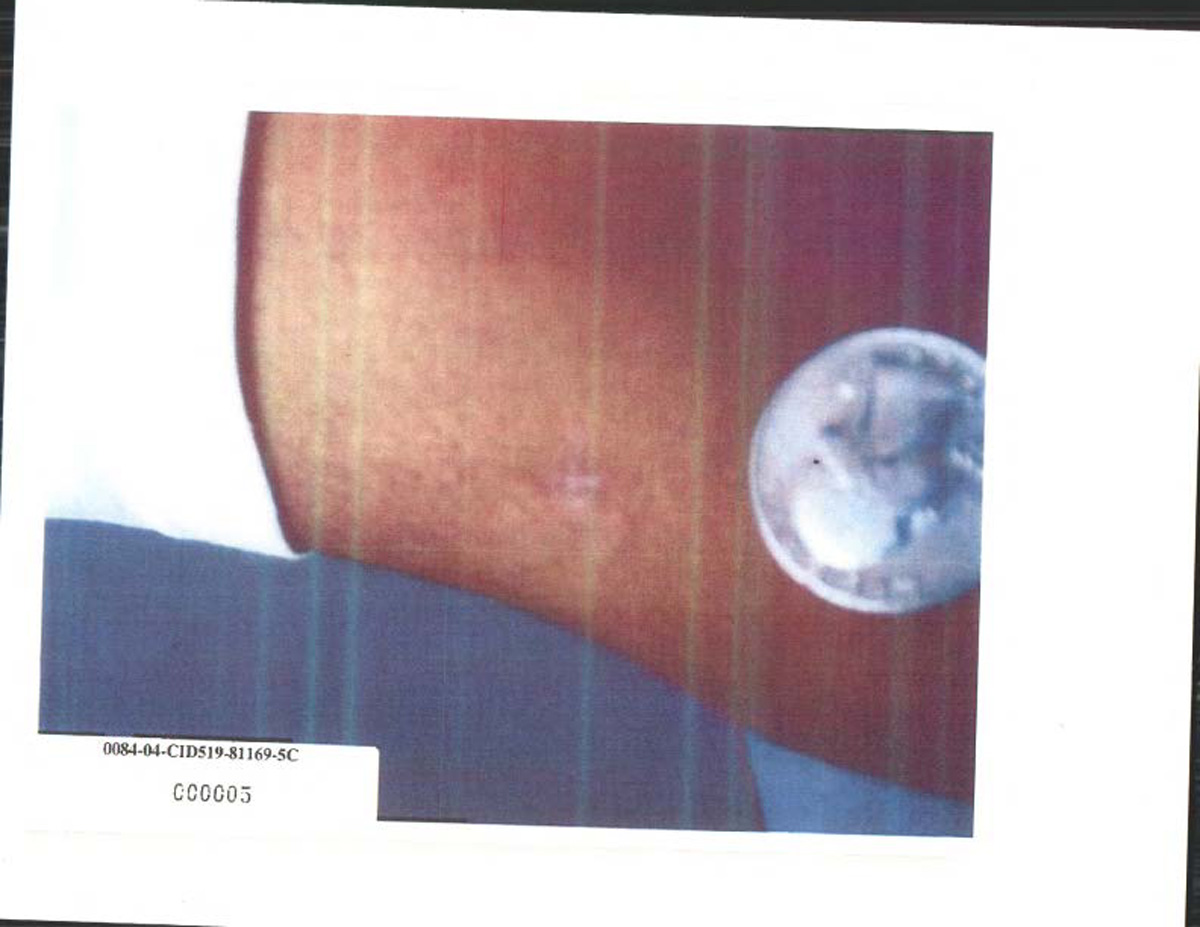
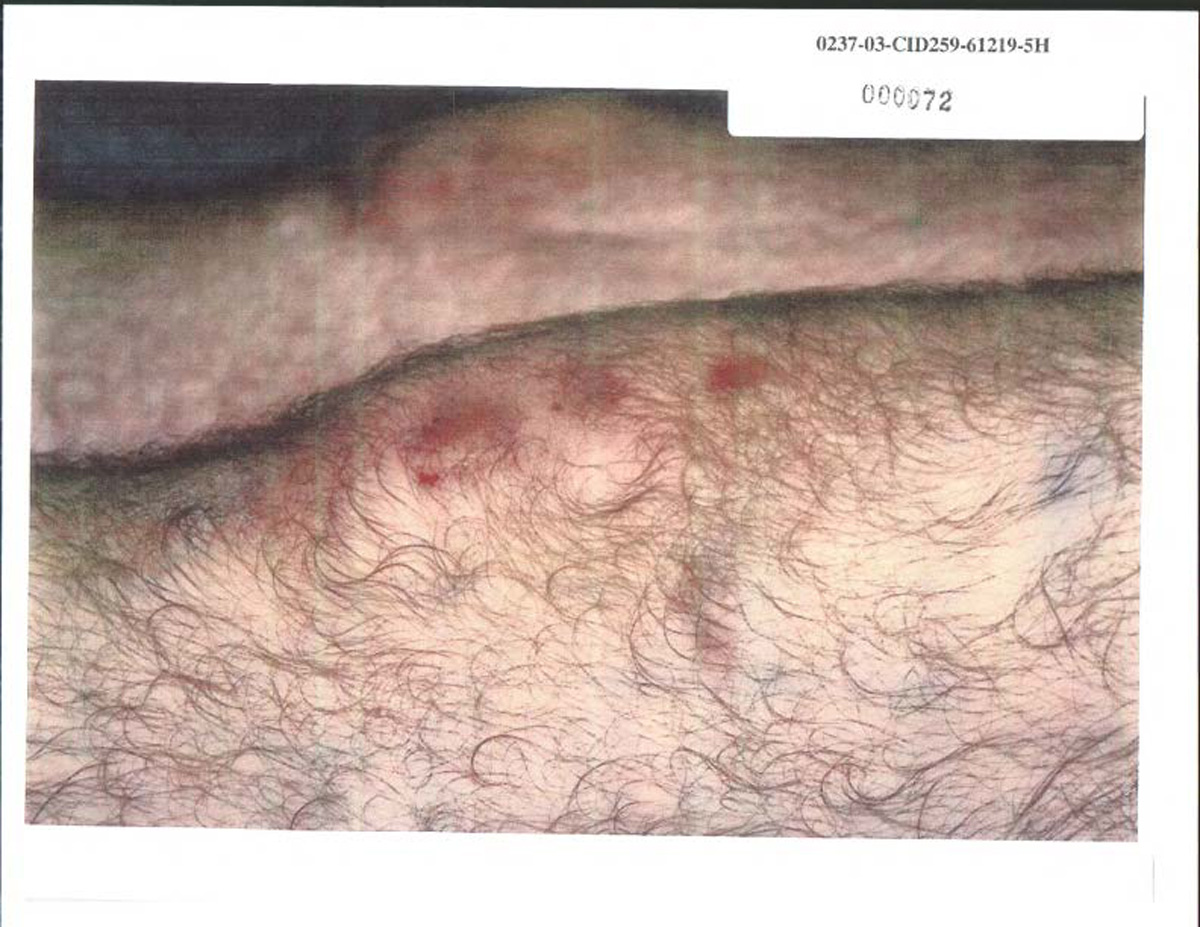
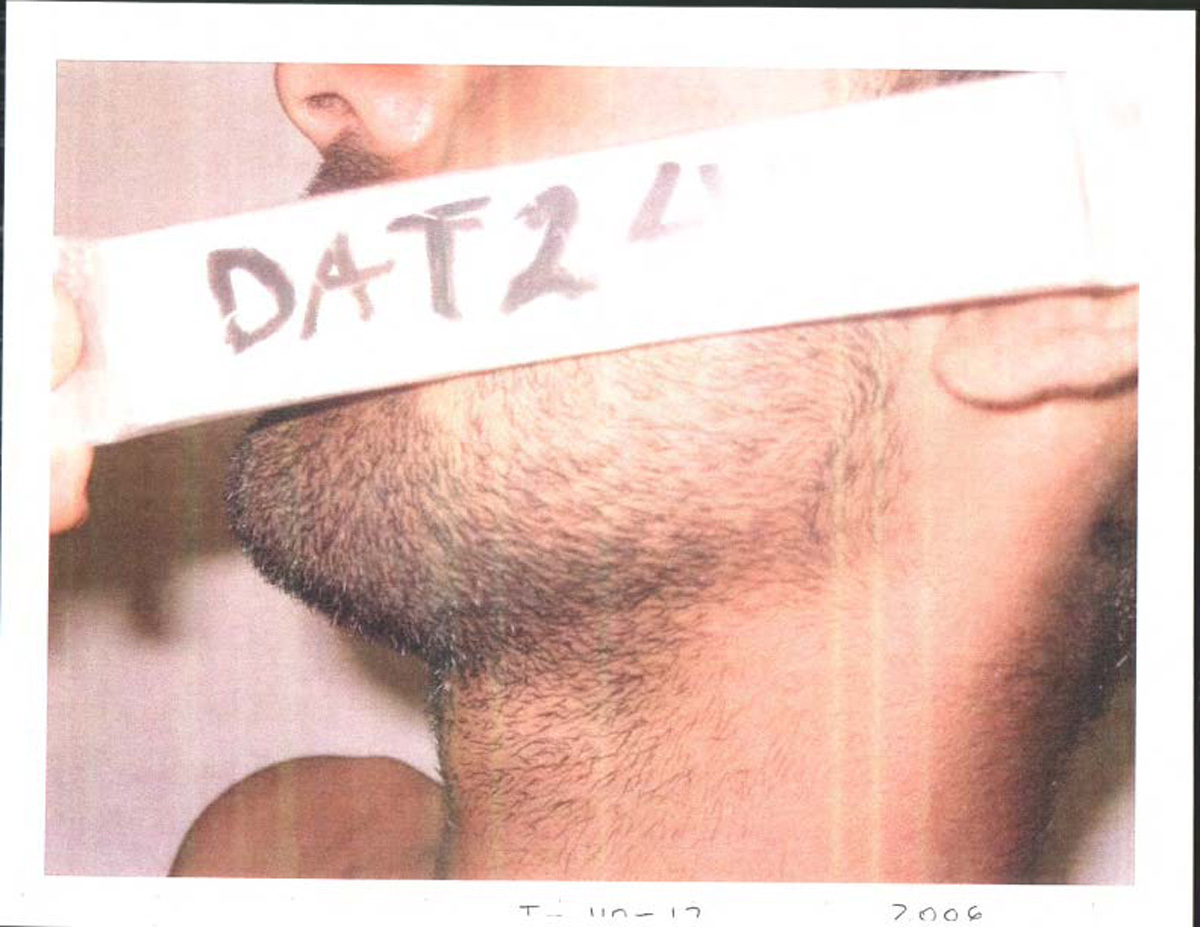
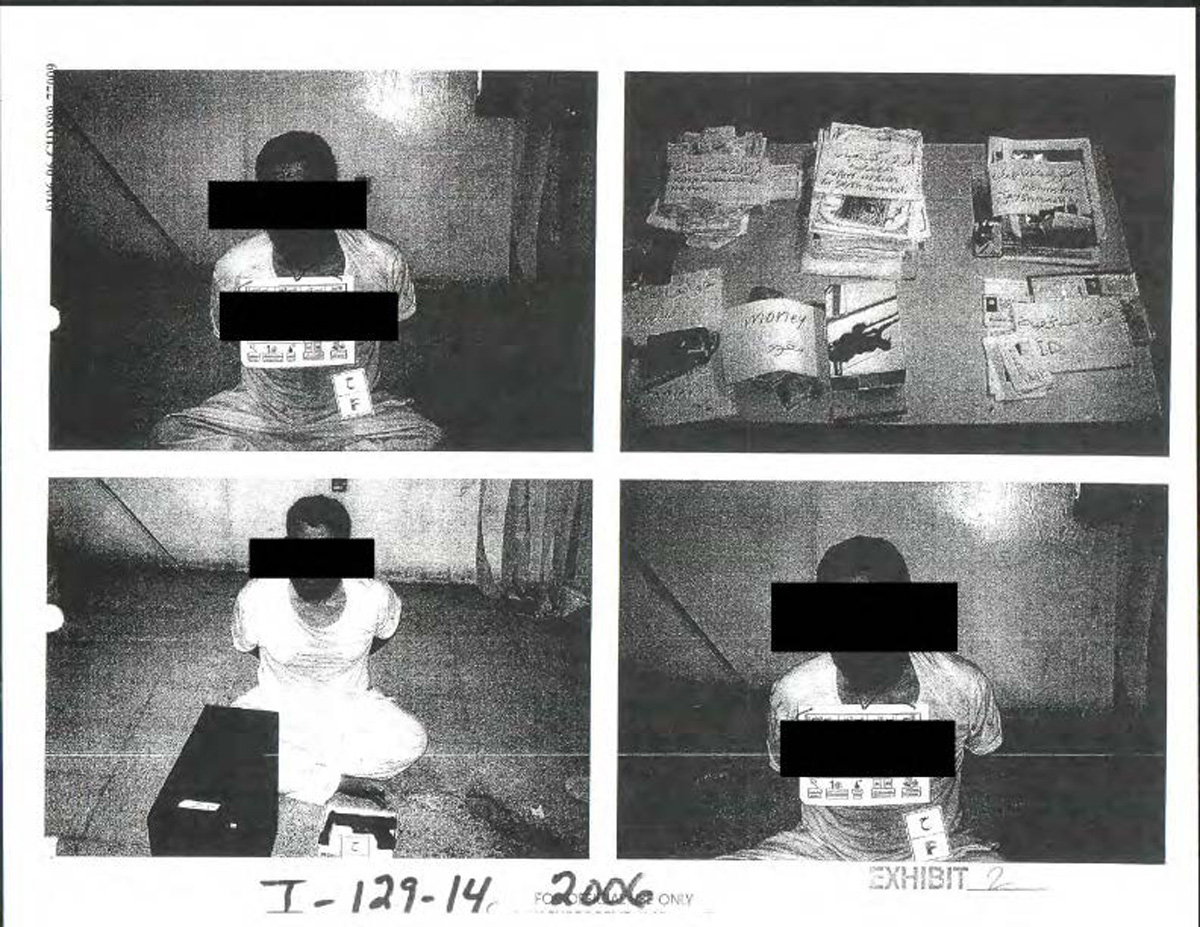
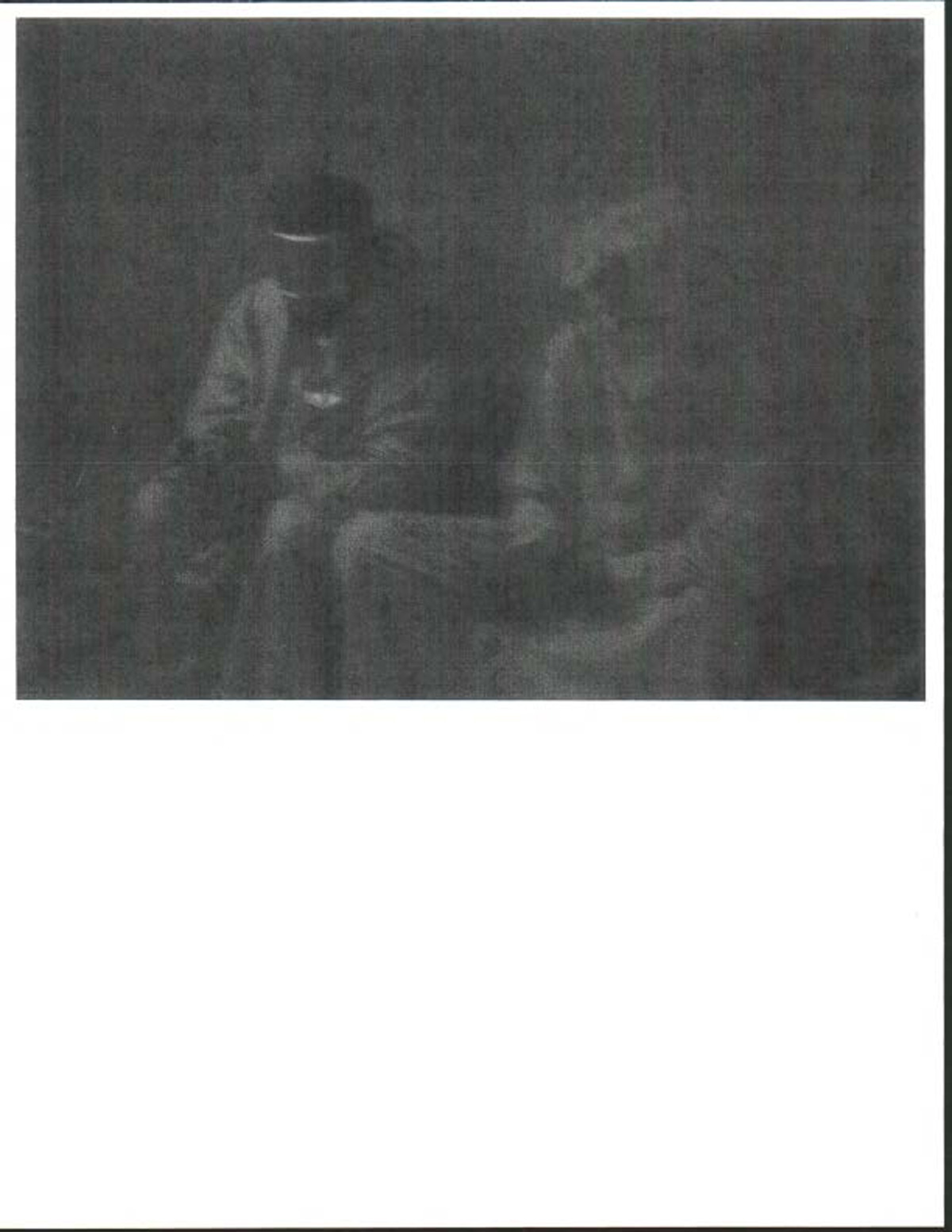
Reports have suggested that the photos that remain unreleased may depict conduct that rivals the infamous Abu Ghraib torture photos that emerged during the Iraq War and the ACLU has promised to continue its efforts to secure their release.
“The still-secret pictures are the best evidence of the serious abuses that took place in military detention centers,” said ACLU Deputy Legal Director Jameel Jaffer in a press release.
More Must-Reads from TIME
- Why Trump’s Message Worked on Latino Men
- What Trump’s Win Could Mean for Housing
- The 100 Must-Read Books of 2024
- Sleep Doctors Share the 1 Tip That’s Changed Their Lives
- Column: Let’s Bring Back Romance
- What It’s Like to Have Long COVID As a Kid
- FX’s Say Nothing Is the Must-Watch Political Thriller of 2024
- Merle Bombardieri Is Helping People Make the Baby Decision
Write to Justin Worland at justin.worland@time.com